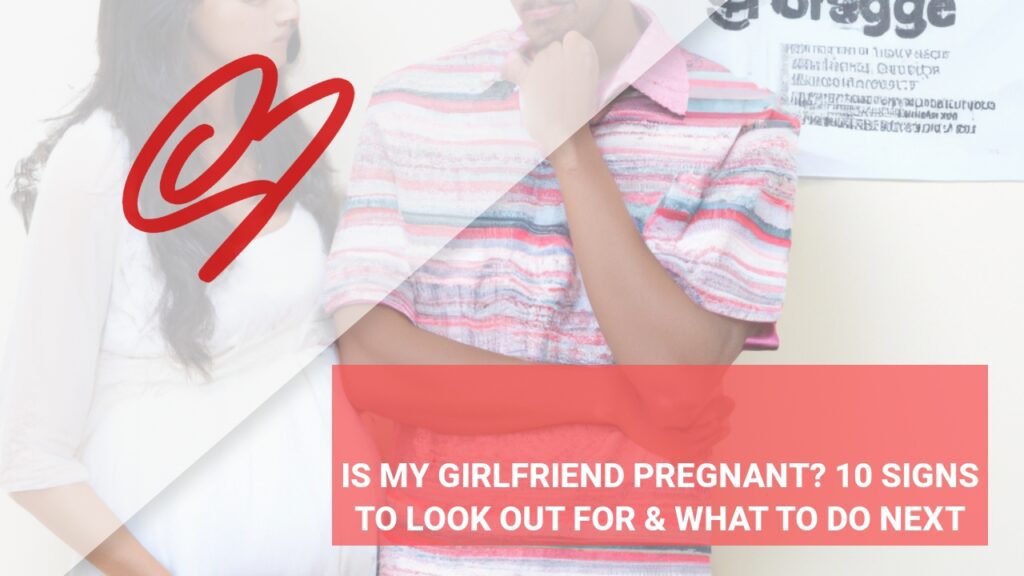My Partner Says ‘Love You’ Instead Of ‘I Love You’: What Does This Mean?
When you are in a relationship, expressing your feelings and emotions can be hard.
While we all know the phrase “I love you,” not everyone is comfortable saying it out loud.
So when your partner says something like “love you” instead of “I love you,” what does that mean? Is this just their way of showing affection or could there be more to it than meets the eye? In this blog post, we’ll discuss what it means when someone says “love you” instead of “I love you” and why they might choose to do so.
The Meaning Behind ‘Love You Instead Of I Love You’
It’s important to understand that different people express their feelings in unique ways.
Some may feel uncomfortable with traditional expressions like “I love you” while others may simply prefer certain variations on those words.
The phrase “love ya” or “love ya lots” is often used as an alternative expression for those who feel uneasy about using phrases like “I love you”.
When your partner says something along these lines, they likely aren’t trying to send any hidden message; rather, they’re simply expressing their affection in a different way than most people would expect them too.
Understanding Your Partner’s Communication Style
If your partner has said something like “love ya” or “luv u lots” instead of saying outright that they loveyou, take some time to consider how they normally communicate with other people and how they express themselves around friends and family members.
Are these types of expressions typically part of their conversational style or have they only been using them withyou recently? If the latter is true then there may indeed be an underlying meaning behind their choicein wording – though without further context it’s difficultto determine exactlywhatthatmeaningis!
Exploring The Possibilities
No matter whyyourpartnerhas chosen tousewordslike”loveya”,it’s importantto exploreallpossibilitiesbeforedrawinganyconclusions-especiallyifthisisonlyrecentlybehaviourfromthem!Forexample:Aretheytryingtoconveytheirfeelingsforwithoutcommittingfullytomakingastatementoflovesuchas:”ILoveYou”?Aretheysimplyexpressinglevelledaffectionwhichismorecomfortableforthemthanusingmoreromanticphrasesoraretheydistancingthemselvesfromyousomehowbynotputtingalloftheireggsinonebasketandchoosinglesscertainwordsinstead?!Onlytimeandfurtherconversationwillhelpyoutoanswerthosetypesofquestionssatisfactorily.
.
.

